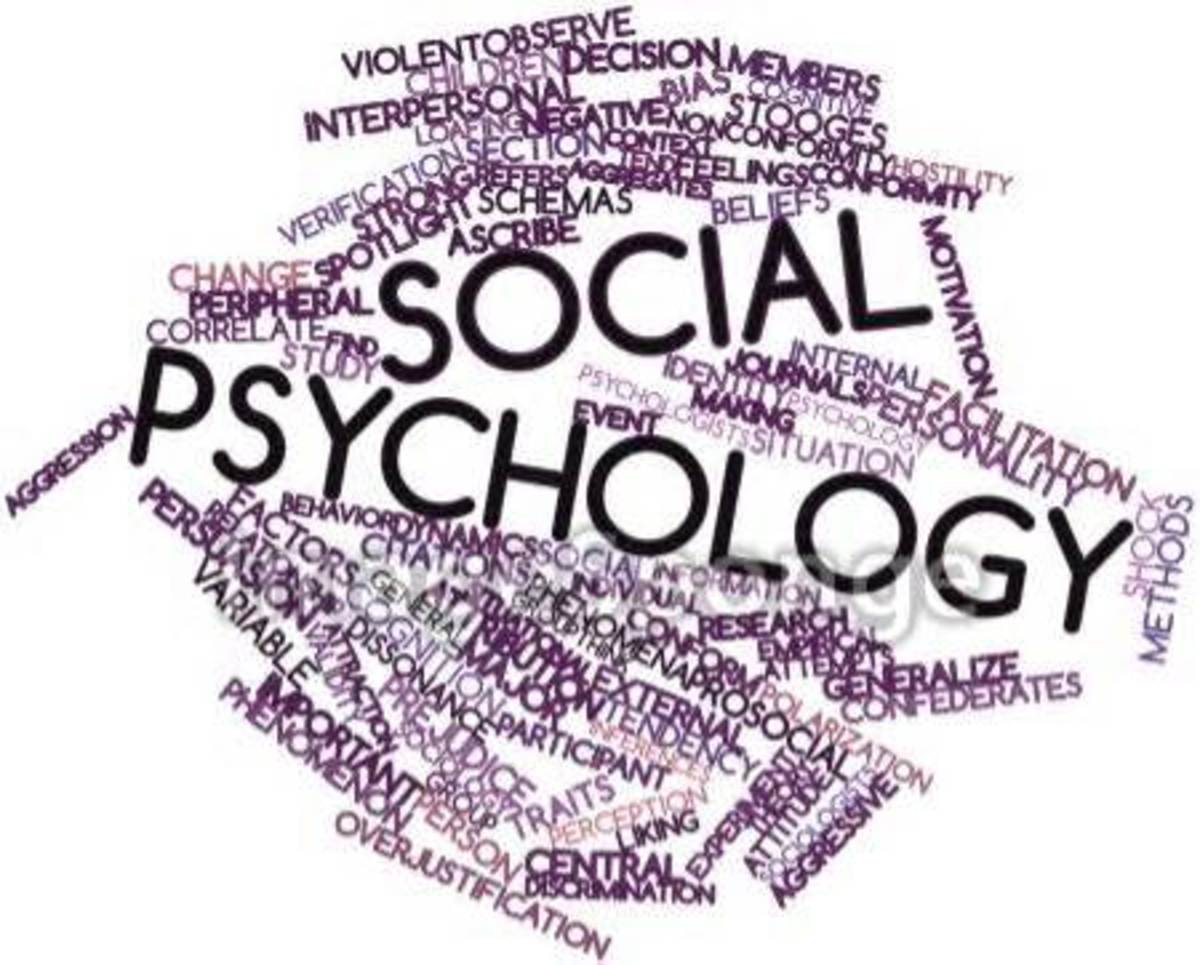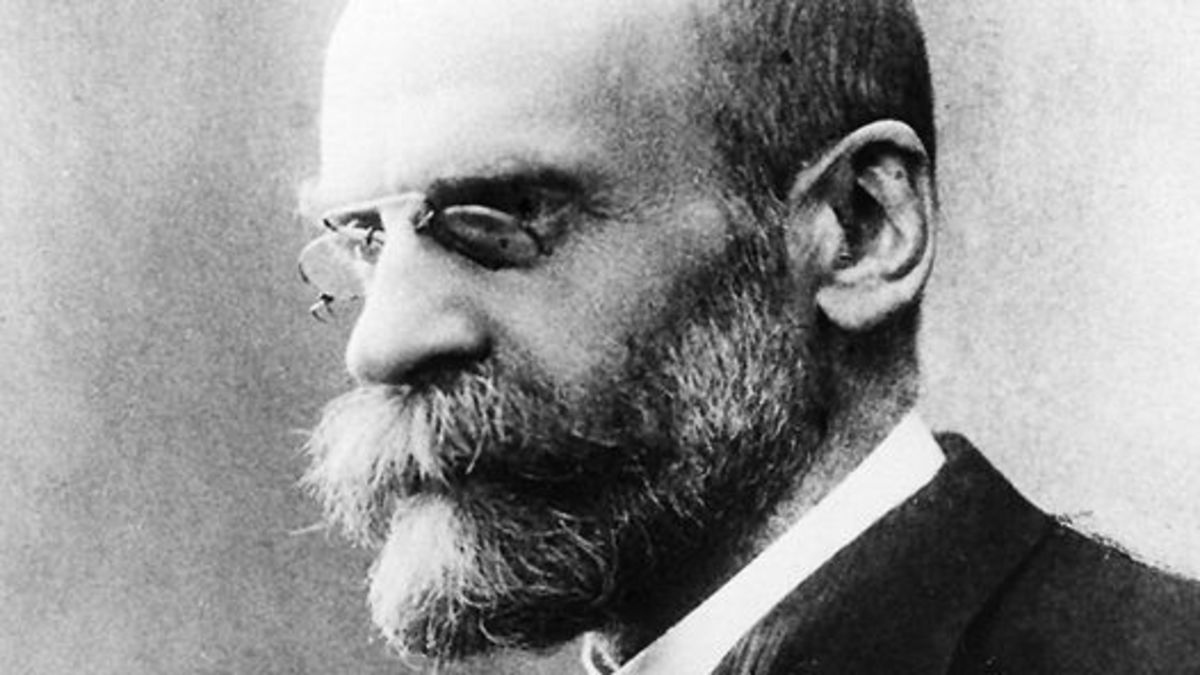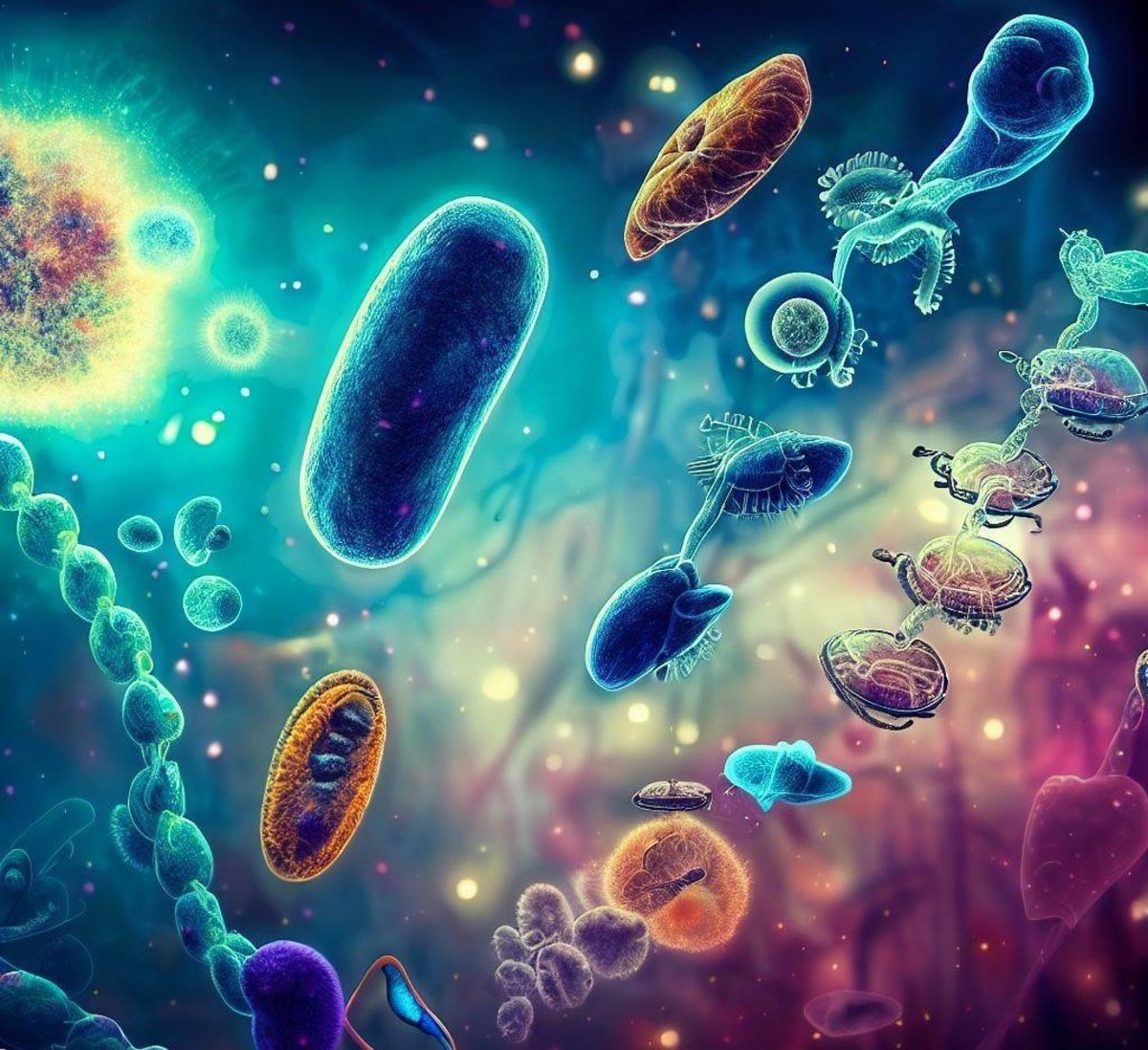The Need to Be Part of a Group
Crowds of People
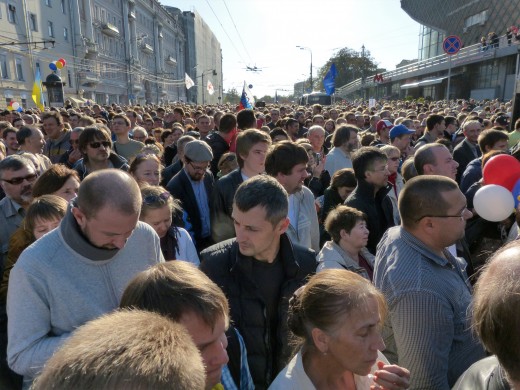
Why Do We Need to Be Part of a Group?
Sociologists refer to a term called collective consciousness, which refers to the beliefs, behaviors, aims, attitudes, and knowledge shared by all members of a particular group, large or small.
Collective consciousness is a main influence in people conforming to the beliefs of the general group. Collective consciousness is what makes human society function and possible. People adhere to collective consciousness because we prefer to live in groups as opposed to live in isolation. It is a way for people to interact.
Even though people are fully capable of acting independently, we are strongly motivated to be part of a group and act in harmony with others. Most people choose to conform to the group they identify with, in the way they dress, look, and act even when there are other viable alternatives.
As people take on this collective consciousness and share the beliefs and common moral attitudes of a group or a society, it influences how an individual views themselves as part of a bigger group. These commonalities act as a unifying force within that group. Studies have shown that people act in certain ways because society offers rewards and punishment for certain behavior.
People Conform in Groups
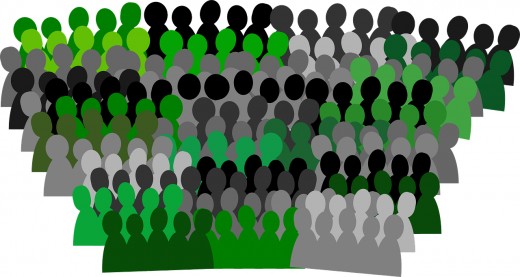
Shared Thinking and Conforming
People get positive or negative reinforcements for their behavior that leads to assimilation to the group. People learn to be the same as others in the group for acceptance and to relate to other members.
Collective consciousness is used in sociology, in the study of the knowledge, beliefs and shared thinking by members of societies, or a particular group. The size of the group is inconsequential. It can be a few individuals in a company, an entire country, or the whole world. With collective consciousness, members of the group share common objectives, common behaviors, and common attitudes. Those with differing views are encouraged to conform to the beliefs of the majority. Collective consciousness helps make human society possible so that the individuals work as a cohesive whole.
When we look at other social animals, besides human beings, such as primates, wolves, and ants who live in groups, we can see how they behave in a group. While individuals can survive by themselves, isolation is not desirable, and in most cases feel like a punishment. Social animals prefer to coexist in a group. Sociologists, behavioral psychologists, and scientists, have studied the psychological basis behind social groups and collective consciousness is one of the fundamental factors in human group activity.
The Need to Belong

How People Interact and Help Society Function
In the 19th century, Emile Durkheim came up with the term collective consciousness as a way human beings interact with each other. Although people are capable of being independent, there are strong motivations for people to act as a unified group most of the time. Conformity in attitudes, appearance, interactions with each other, and in their behavior is the choice of people the majority of the time, even when there are other alternatives in order to feel accepted.
Durkheim theorized that collective consciousness comes from strong positive and negative influences and pressures on members of the group. From childhood, we learn that some behaviors will gain approval, and others are not accepted. Once we understand what brings approval and disapproval, assimilation begins to take place and an individual will respond and behave in similar ways to the view, and behavior of other individuals. This is how we, as individuals conform to the general social thinking, to the moral codes of society, and to the laws, even if our natural tendency is to do something else.
Durkheim originally introduced the idea of shared minds within a society to put a label on common sentiments and beliefs people share and in turn function together. Durkheim also felt that collective consciousness is passed from generation to generation, and ensures societal norms. Collective consciousness withstands change and is not bound by time.
Understanding the study of human societies offers insights into how people achieve their own happiness, even if their personal dreams are much different from society.
Durkheim believed people, from the time they are young, learn to gain approval or disapproval from their peers from certain ways they behave. This causes people to assimilate in society, causing them to automatically respond similarly to the ways other people are behaving. Each person takes on the values of the group. When this happens people will conform to the thinking, laws, and moral codes of society, even if this is not the person’s natural tendency.
People and Groups
Pressures from Society
Some people think collective consciousness could be the reason people think about calling each other at the same time. Is it coincidence or is it collective consciousness.? Some believe through collective consciousness, they can change the world positively or negatively, by using strength in numbers. There is very little scientific data that can back this up.
But when we look at collective consciousness from a sociological point of view, we can see how society, corporations, and even how families influence from birth our thought processes and beliefs through the external pressures and messages we are fed. Collective consciousness helps any group function better for the good of the group, not necessarily for the good of the individual. Yet the individual believes they are doing things from their own free will and self generated thoughts.
There is a distinction between collective consciousness and consciousness of individuals. Within each of us, both consciousnesses exist. Individual consciousness is something that is personal to each of us, our unique traits, our sense of self, our self awareness. Collective consciousness is what each person has in common with the whole of society. Through common beliefs, we gain solidarity.
Sociologists look at the term collective consciousness by defining each word in the term. Collective refers to individuals acting as a group. Consciousness is the cumulative attitudes, opinions, sensitivities, and views the group has.
Our Brain and Conformity
Why do engage in collective consciousness? Scientists, behaviorists, and psychologists believe there is neurological and social evidence for collective consciousness. The shared sense of being together is in itself a unifying experience.
Within certain parts of our brain, we have mirror neurons. These are motor cells in the brain that are activated by the sight of other people’s movements. Some scientists, such as V.S. Ramachandran, believe these cells have helped shaped civilizations, and may even be related to our ability to empathize, use language, and has influenced human culture. Some scientists don’t believe these mirror neurons have this much influence, and that these cells can be altered with simple training, and the neurons could have easily been shaped by culture instead of shaping culture itself, but that is the topic for another hub.
What scientists do know is that mirror neurons in our brain respond to the intentions and actions of other people.
Often times, even when we believe we are making our own choices, our behavior, thinking, decisions, beliefs and actions are a result of what is known as information cascades. An information cascade is a situation where people make choices and decisions based on observing the actions, opinions, and payoffs of others and take the same action, disregarding their own personal information. This may explain why it is a natural phenomenon to see people and animals behaving similarly, why people engage in herd mentality, and why we have a collective consciousness that sprouts from being part of a group.
Being Part of a Group
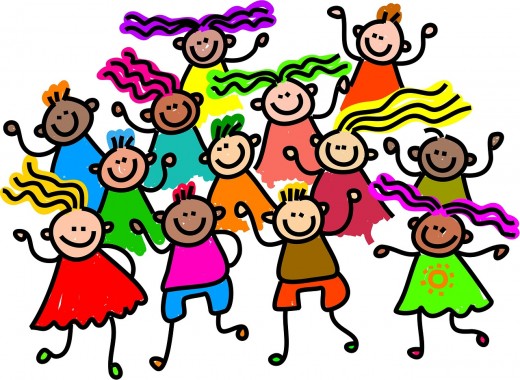
Following the Crowd
Knowing we are part of a collective consciousness makes us self aware of our reality and how to navigate around it. Being unaware that we are part of a collective consciousness can lead to panic, social hysteria, and a follow the crowds mentality.
Collective consciousness has much more influence over our behavior than we realize.
Even when people are given facts in favor of the correct answer, when people react because of information cascade, they will still make the incorrect decision.
In a study done at Leeds University by Professor Jens Krause, volunteers were randomly told to walk around a large room without talking to each other. Some of the participants were given greater detailed instructions on where to walk. The researchers discovered that people ended up blindly following one or two of the participants who appeared to know where they are going. The results of the experiment showed it only takes 5% of the informed individuals to influence the direction of a group of approximately 200 people. The remaining 95% of the crowd followed without even realizing it. This study showed that the participants ended up making a general decision even though the participants weren’t allowed to talk or make gestures. In the majority of the cases people didn’t realize they were being led by someone else.
This study exemplifies how the human mind is designed for social life. When we just follow the crowd, studies have found we actually damage our ability to make the correct decisions.



